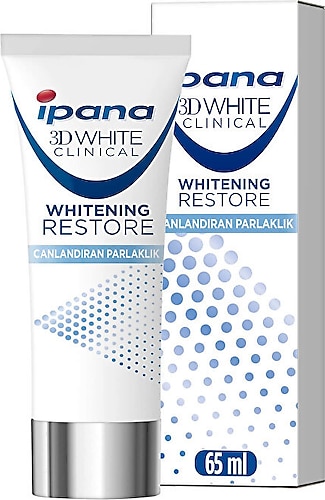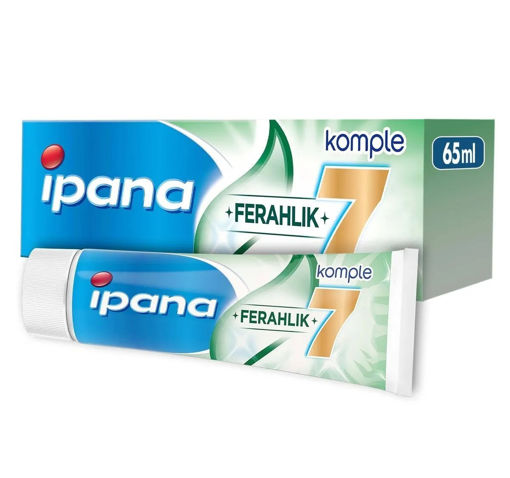
İpana 3DWhite Luxe Glamourous White Beyazlatıcı Diş Macunu 225 ml ( 75ml x 3 ) Fiyatları, Özellikleri ve Yorumları | En Ucuzu Akakçe

İpana 3D White Clinical Canlandıran Parlaklık Diş Macunu 65 ml Fiyatları, Özellikleri ve Yorumları | En Ucuzu Akakçe

IPANA Diş Macunu 3 Boyutlu Beyazlık Çay ve Kahve içenler İçin 75 ml | Eveshop Online Kişisel Bakım ve Güzellik Alışverişi

Gürmar Online: Sanal ve Online Market Alışverişi- Ipana Komple Bakım 7 Ferahlık&Beyazlık Diş Macunu 65 Ml - Gürmar Online Market

















